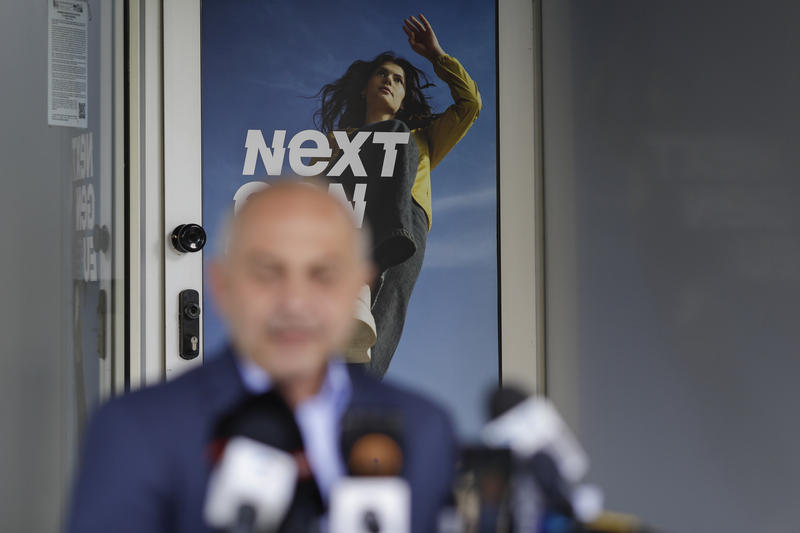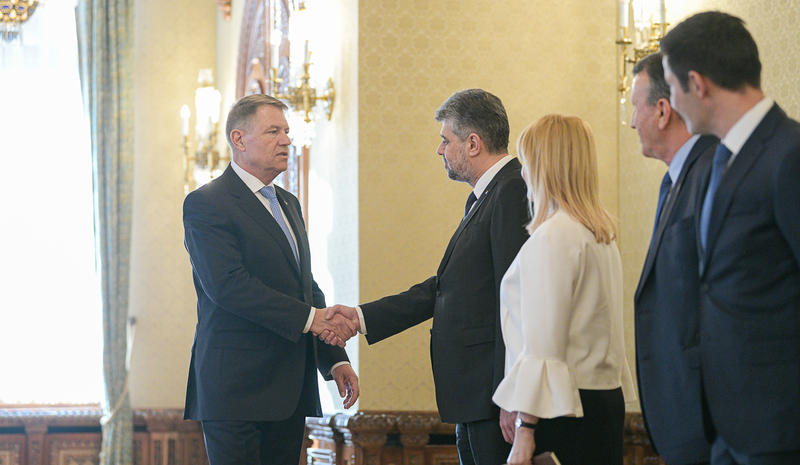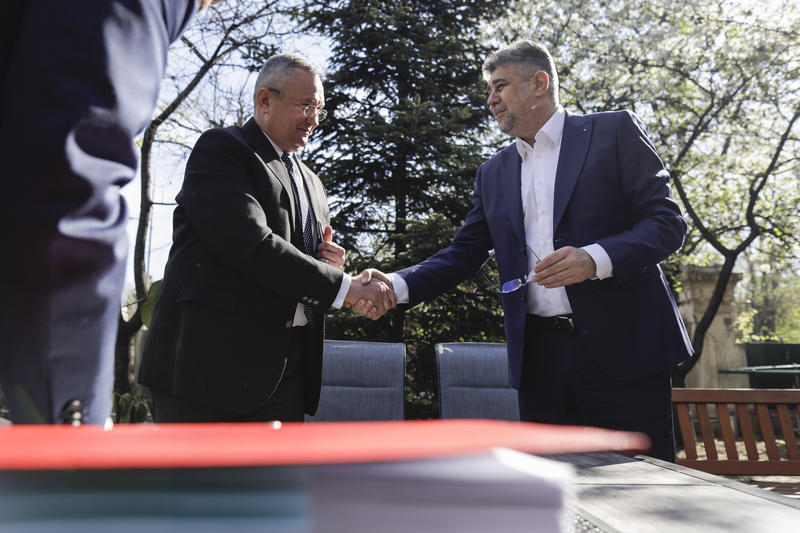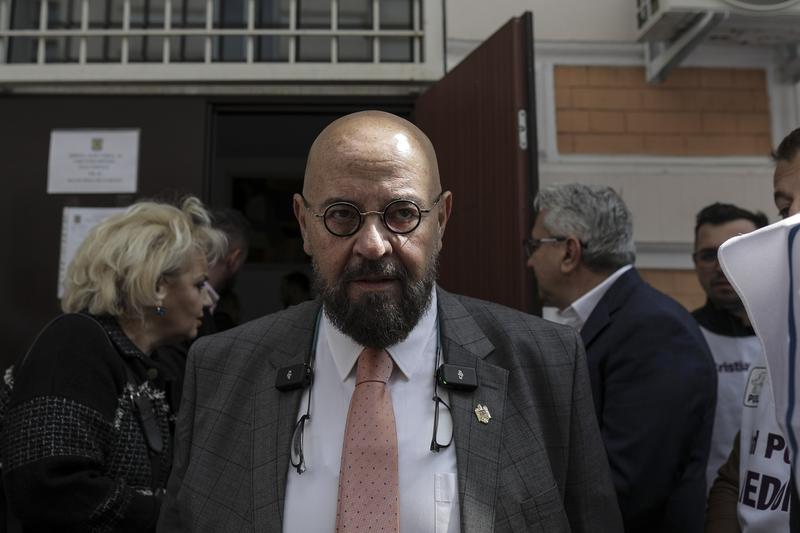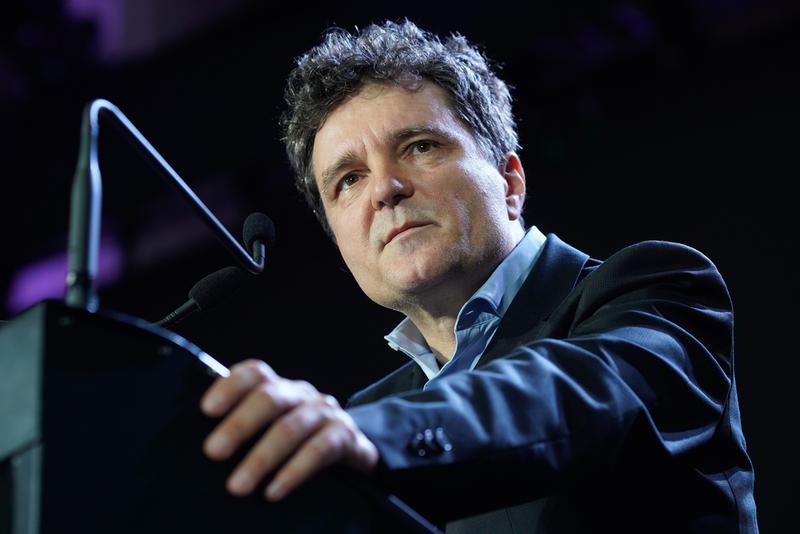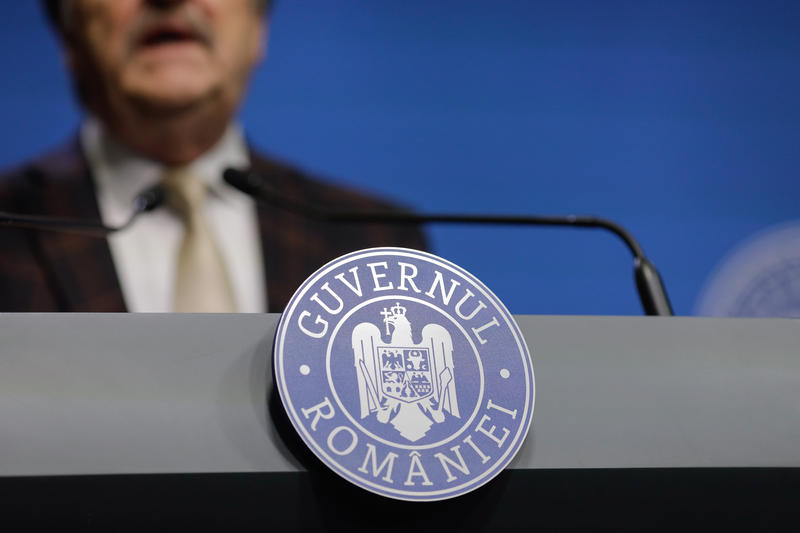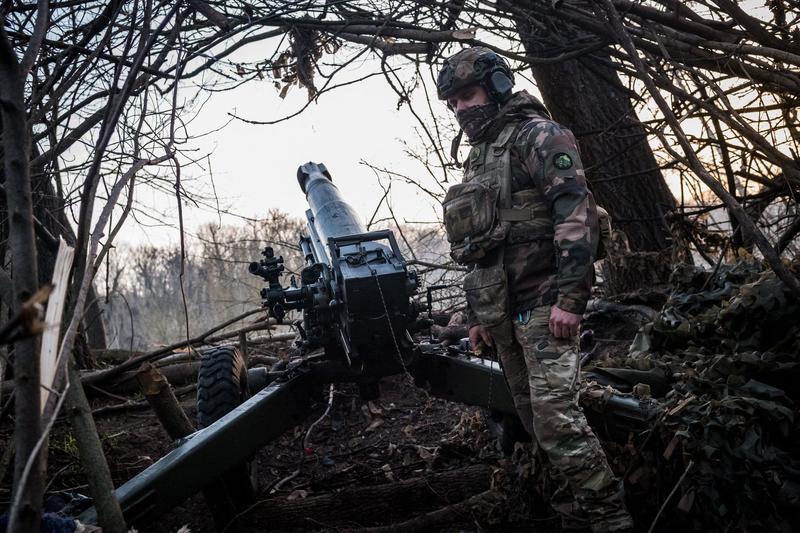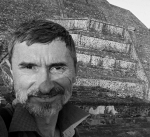Come the new year, the exams for resident doctors will change. The Romanian Health minister Ion Bazac announced modifications aimed to include all medical graduates. Resident Doctors Association’s chief executive Dr. Clara Matei gives her opinion on the changes in the Romanian medical residency system.
The main changes of the medical residency exam:
- all medical graduates will be able to get a license of free practice after the completion of a 3-years practice, according to the European norms.
- starting with 2010, the new Residency preparation system will allow all the 2 300 medical graduates in Romania to have a free practice license and prepare in various specialties.
- the exam: written plus interview. From 2010, the exam will no longer entail a questionnaire, but a written exam and an interview. The interview will serve professional orientation.
- the number of the residency vacancies will be proportionate with the need for consultants in each area, but the clinic hospitals will have the chance to train them.
- a new institution will be set up to enable authorities to follow each medical graduate’s professional development.
- in 2010, the Residency training will be decentralised for all 12 university centres, to reduce the medics' inner migration
Dr. Clara Matei, chief executive of the Resident Doctors Association, welcomed the decentralisation and the interview. She opinionated that it would be very useful for a student to be guided to an area of profession, based on his interests. This would facilitate the resident's clinical integration.
Despite some people not agreeing, she considered it beneficial that nobody would be left outside of the system. Young doctors could be integrated with local GP surgeries. Dr. Matei said that this could encourage inner professional migration, though she could not see it happening without an income increase and proper technology to work with in hospitals.
But Dr. Matei points her finger at the residency exam. She favours the questionnaires before a written test, because a written exam cannot cover a vast area of knowledge taught over 6 years of academic studies. "A written examination cannot cover 300 pages, not to mention 5,000 pages, the bibliography for the residency exam. This would lead to subjectivism", she stated. "I believe that the questionnaire was extraordinary and it should remain that way", she added.
She intends to call the students' federations and write a letter to the Ministry of Health on the issue. Dr. Matei argues that the questionnaire is perfect, than when one gets out of the exam knows exactly their score and situation and it is easily to draw comparisons. "It is much more objective and relevant for what you know", she says, adding that a written exam will attract controversies.
Despite welcoming the interview, which is to be organised by medical academic staff, Dr. Matei says that it could lead to problems, in the sense that young doctors would not trust it. But she stresses the unreliability of the written exams: it will take longer for results to be released, the costs and the human resources have not been estimated, the young doctors need to be integrated within two to three months. "Nowhere in this world do resident doctors sit a written exam. But we go back 20 years, in communism", she stresses.
The College of Doctors have not been consulted on the issue and Dr. Clara Matei says that neither was the Resident Doctors Association. That the ex-Health minister would have discussed with them on such a matter, she claims. "I don't think it is fair the way Heath minister Ion Bazac did it", she argues.
Asked to comment on the Health minister declaring that the residency is changing so that Romania's young doctors would not migrate in other European Union states, Dr. Matei said that the motivation was good, but it needed more editing, that is the medical students should not be left out of the system. She agrees with the measure, because there are 6 years of academic studies to be considered plus a huge medical staff deficit in Romania. But she recons that, unless financially stimulated, the doctors will migrate anyhow.
